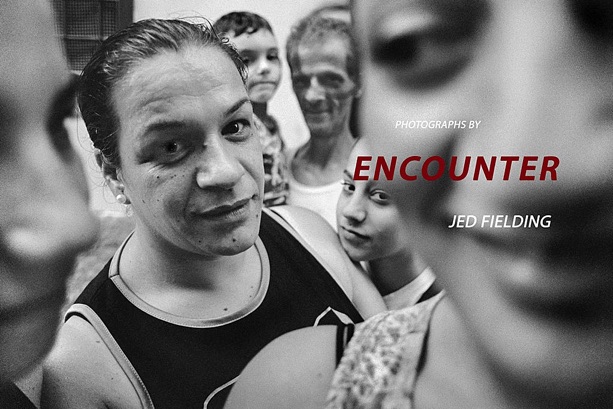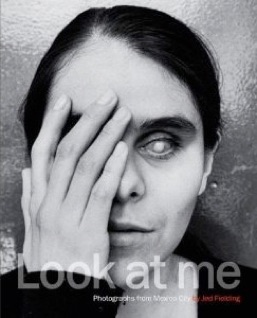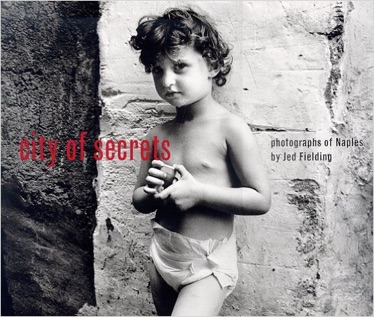Jed Fielding photography
Praise for Look at me:
“Truly moving, and indeed beautifully moving, there is something uncanny about the way Fielding performs a sort of magic jujitsu transmutation with his photographs. These stark and haunting images of the blind move us; dark and fierce and finally overwhelming, their faces seem to soak in the light, and hence to glow, to glow back at us, to catch us in their gaze.”
— Lawrence Weschler, Director, New York Institute for the Humanities, New York University
“Fielding has, and here demonstrates, an uncanny ability to get to the soul of the people he photographs. These blind people obviously were as sensitive to Fielding's talent as he was to their lives, their feelings, their way of expressing their inner beings. No one can view these portraits without a powerful emotional response. The book is one of the most powerful expressions of humanity that I have ever experienced. This is not a book for people looking for sensationalism, for invasion of privacy, for showing arrogance. It is quite the opposite. You may be forced to express your feelings whether you normally do or not. I know of no other recent book of photographs as powerful as this.”
— Carl Chiarenza, Ph.d., Artist-in-Residence and Fanny Knapp Allen Professor Emeritus of Art History at the University of Rochester, New York
Praise for City of Secrets:
“Jed Fielding is from the old school: a photographer with vision and technique. I’ve been to Naples twice in my lifetime; once by ship, and, even more lastingly, through Jed Fielding’s astonishing images.”
— W. M. Hunt/Dancing Bear, collector and curator,
New York
"Among the most memorable lessons of Jed Fielding's studies of life in... Italy is the reminder that despite the endless contemporary talk of global oneness, human beings are still local, bound to places very different from other places. Blessed with a terrific natural feel for what the camera lens can uncover and record, he has affirmed that the inhabitants of Naples handle their food, hold their babies, sit next to their relatives, and even display their badges of puberty, in manners unlike the ways of their counterparts in the urban centers of the United States. Yet another paradox: these very dissimilarities only tighten the bond of humanity with the people we call foreigners. They are sometimes more beautiful than we are, sometimes less, now and then smarter, occasionally dumber. Call it Jed Fielding's doctrine of common clay."
— Franz Shulze, The City: Harbor of Humanity (Chicago: The Museum of Contemporary Photography, Columbia College Chicago, 1997)
“Many photographers assume the centrality of sight to their medium, even conflating the physiological with the mechanical, the eye and the lens. Rather than relying on such neat metaphors, Fielding has chosen a subject that bluntly poses the original question: what is vision?”
— Britt Salvesen, Director and Chief Curator, Center for Creative Photography, University of Arizona, Tucson, 2009 (now department head and curator, Wallis Annenberg Photography Department of Prints and Drawings, Los Angeles County Museum of Art.)
The journey that Fielding takes us on, as we view his rich body of work, is one of discovery, passion, intensity and commitment. From his early work in South America, to the continuing long-term photographic love affair with a city and its people, to the sensitive, emotionally involved portraits of blind children, viewers have been allowed to experience the world in new and different ways.
— From the introduction by Deborah Klochko, Director and Chief Curator, Museum of Photographic Arts, San Diego:

© Jed Fielding 2023

